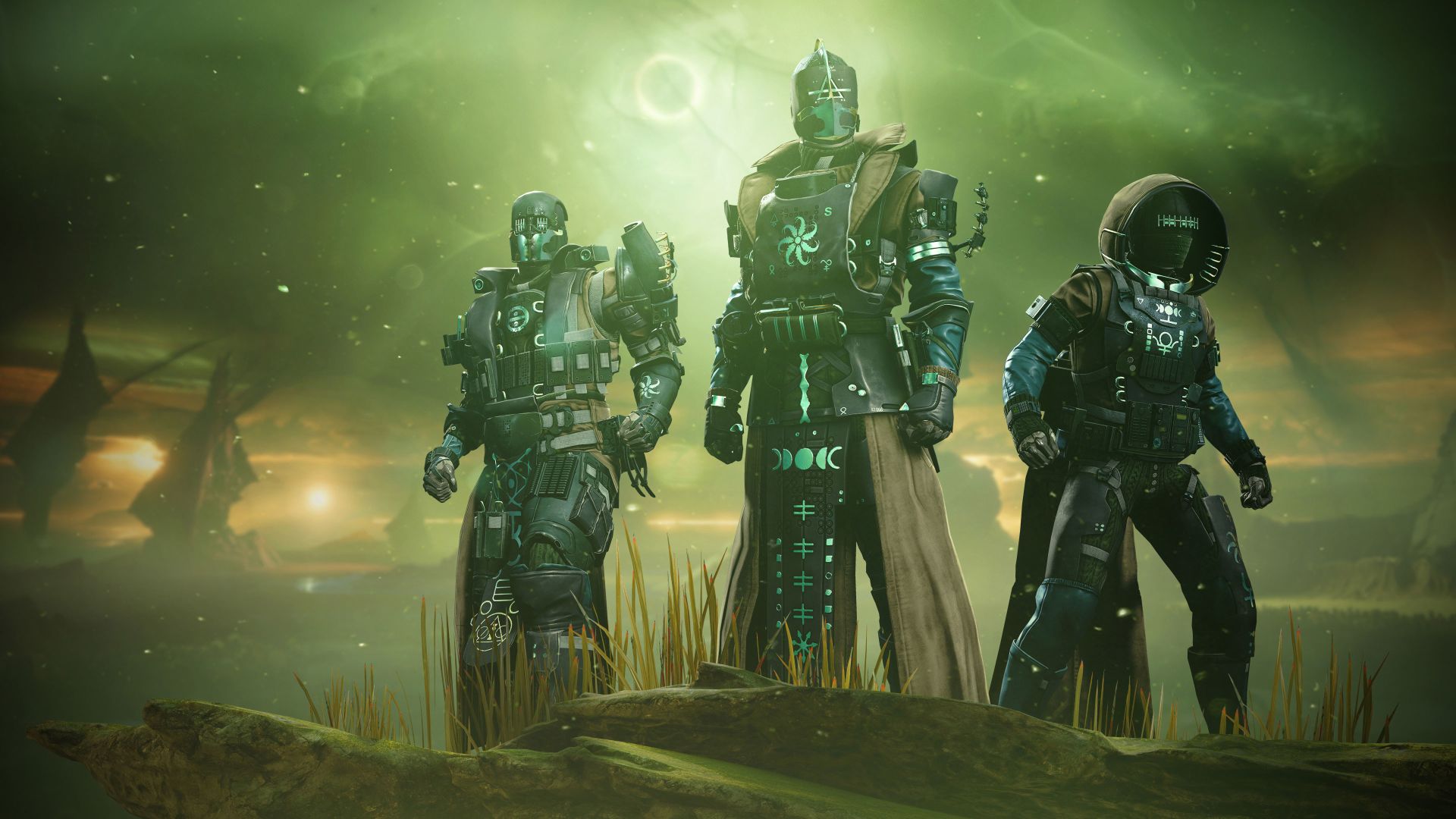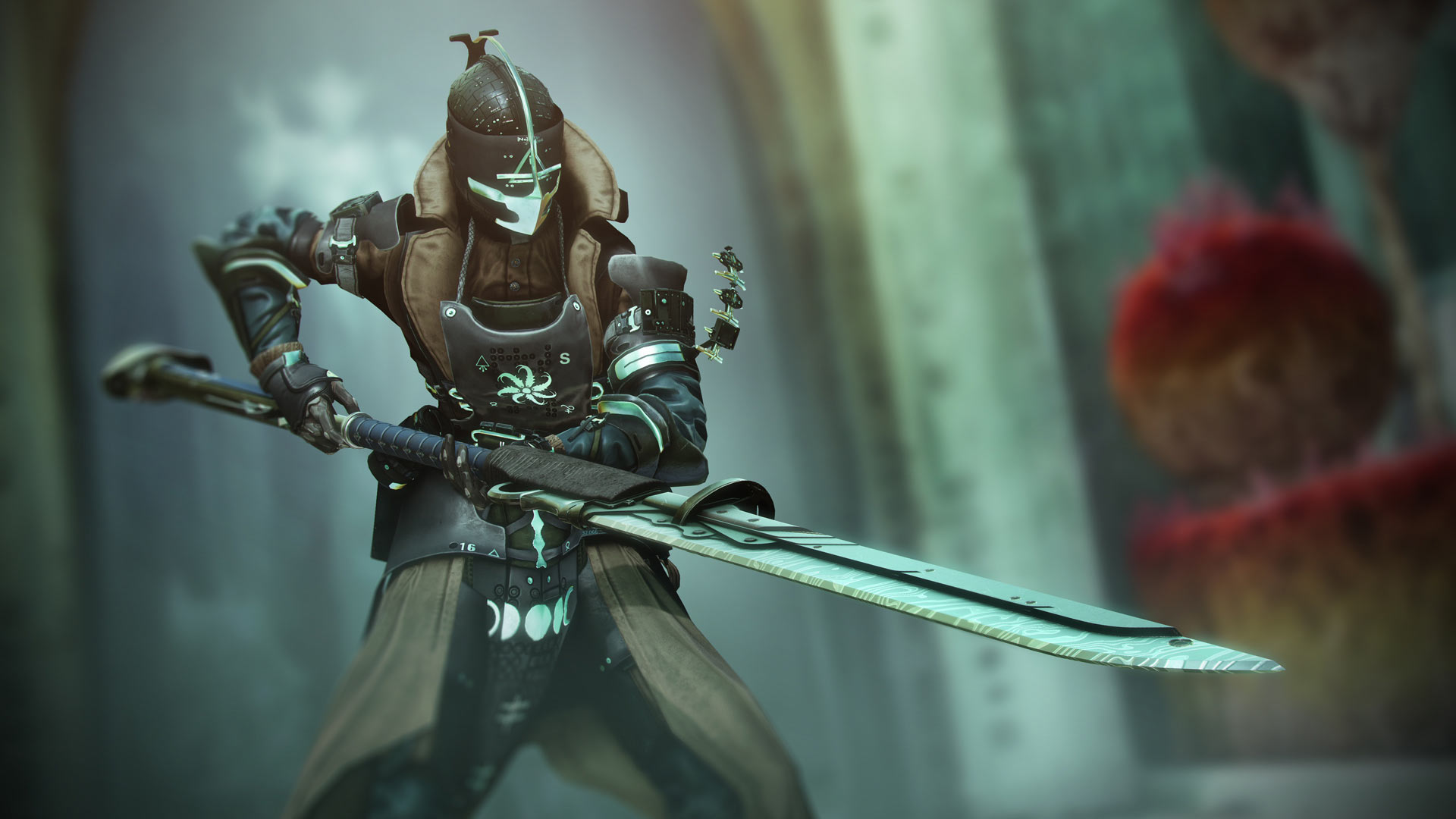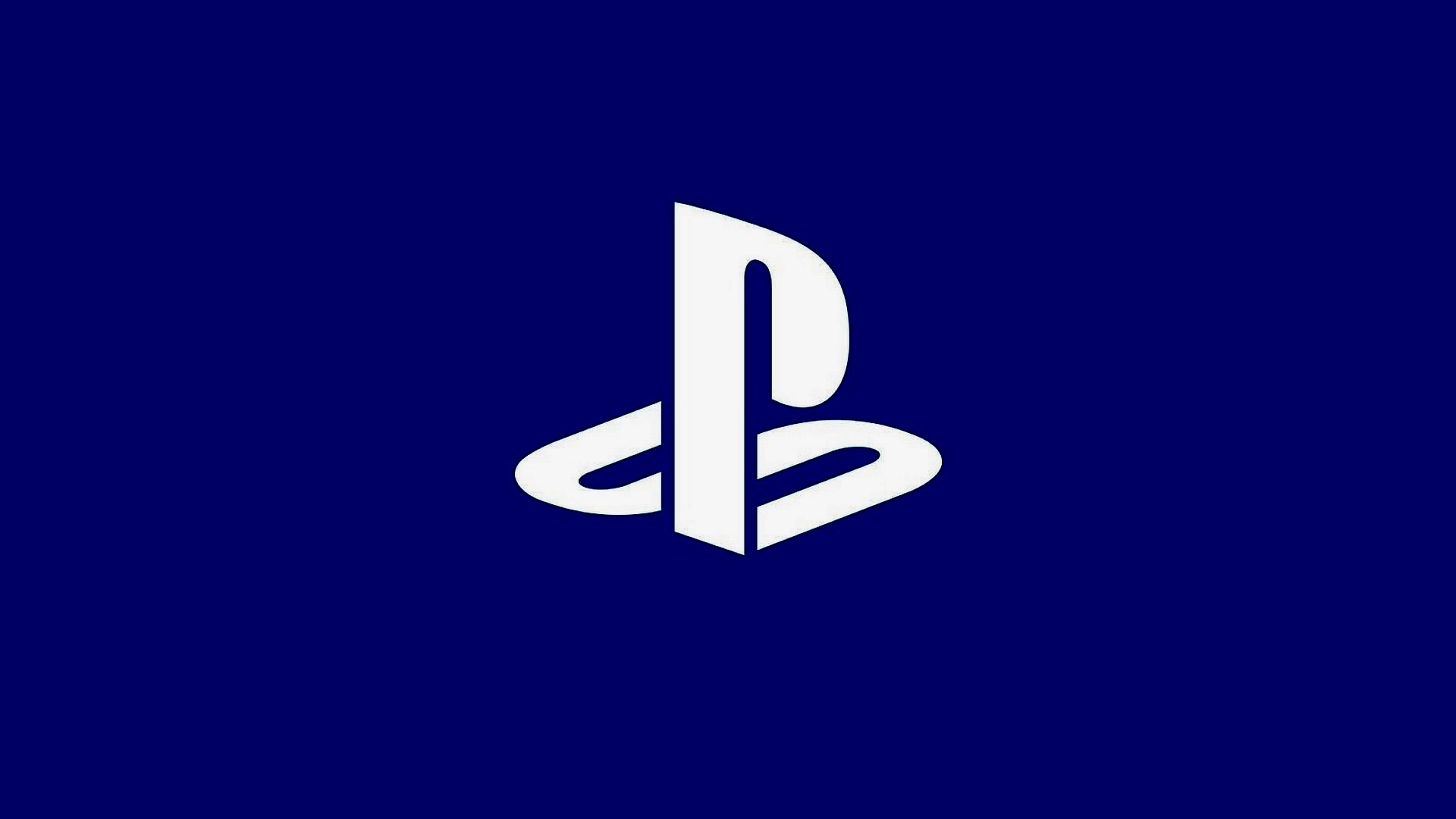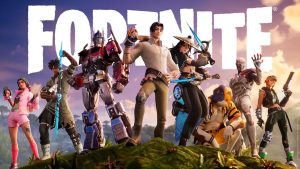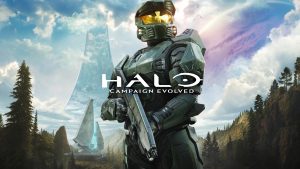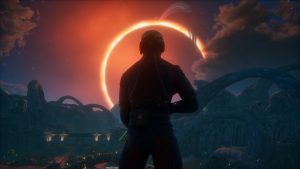
There’s been a flurry of acquisitions in the games industry in the last few years, and Microsoft has, of course, captured the lion’s share of the headlines, first last year with the Bethesda acquisition, and then recently with the announcement that they’re acquiring Activision Blizzard as well. But of course, Sony has been on something of a spending spree as well. In the last year, Sony has acquired Firesprite, Bluepoint Games, Housemarque, and two support studios in Valkyrie Entertainment and Nixxes Software.
They recently just added another acquisition to their list- and it’s easily their biggest one yet. PlayStation is acquiring Bungie, creator of Halo and Destiny, in a deal worth $3.6 billion. It’s not quite the gargantuan deal that the Xbox-Activision one is, but even so, it feels like a significant one- and not just because the studio that created Halo and has historically been most commonly associated with Xbox is now owned by PlayStation.
One of the most interesting aspects of this acquisition is that the way Bungie operates will be very different how every other developer under the PlayStation Studios banner does. One thing that both Sony and Bungie have stressed emphatically with the announcement of this deal is that Bungie is going to be a wholly autonomous company even after the acquisition. The studio will act as an independent subsidiary under Sony Interactive Entertainment, will be run by a board comprised of Bungie’s current CEO Pete Parsons and the rest of the studio’s current management team, and will retain full creative independence.
That, of course, also means that exclusivity isn’t going to be a factor here at all, with the acquisition allowing Bungie to self-publish its games on non-PlayStation platforms. The studio has stressed that Destiny 2 will remain playable on Xbox Series X/S, Xbox One, PC, and Stadia as well. On all platforms, the game’s current post-launch roadmap going into as far as 2024 remains unchanged, with all platforms receiving the exact same content at the same time. Cross-play is also going to continue to be supported. For Destiny, things are going to continue as they have done.
On top of that, in fact, Bungie has also said that “future games in development” are also going to be multiplatform. Is there a chance that perhaps eight or nine years down the line Sony changes gears and begins pulling more and more of Bungie’s content to remain exclusive to PlayStation? Maybe. But for reasons that I’ll get into bit, it doesn’t seem like that’s where Sony is headed in the long term.
Of course, with the knowledge that Bungie will continue to remain multiplatform going forward, many have wondered why Sony has shelled out what’s a bit of bloated price to acquire the company. Well, that’s what makes this acquisition particularly interesting- it gives us a sneak peak at the long term plays Sony is making to expand the PlayStation brand in more ways than one, including some that may have seemed hard to picture not that long ago.
The first relatively less surprising change in Sony’s direction this acquisition signifies is the fact that the company wants to expand what its first party portfolio looks like. By now, the PlayStation first party umbrella has built up a very particular identity- with games released under the PlayStation Studios banner, you know that more often than not you’re gong to get a high budget single player narrative-driven game. And while there’s no denying that there aren’t a lot of studios out there that can do that sort of stuff as well as PlayStation studios can, there’s also no denying that Sony’s first party lacks the variety that it needs to target broader audiences.
Yes, the likes of God of War and Horizon Zero Dawn sell between 10 to 20 million copies- but Sony wants to double down on its first party lineup. Microsoft has gobbled up two major third party publishers in the space of a couple of years, and Sony is suddenly faced with the inevitability of losing revenue from consistent major sellers like The Elder Scrolls and Call of Duty. While Sony’s approach in the past has been to use support from massive third parties as a cushion while raking in the profits from its own studios and properties, it’s clear that that’s going to need a bit of tweaking going forward. A larger first party lineup that collectively releases six or seven games per year rather than three or four will naturally offset some of that, and that’ll be doubly effective if that steady output appeals to a more varied crowd than the single player crowd PlayStation generally tends to cater to.
And that’s where the Bungie acquisition comes in. In a blog update announcing the acquisition, here’s what PlayStation CEO Jim Ryan had to say about the deal: “This is a strategic step towards continuing to evolve the gaming experiences that we build. Bungie’s expertise in delivering a world-class service approach and long-term community engagement is extremely compelling and will support the development of several future live services titles from PlayStation Studios. Equally, we see the exceptional skills that PlayStation Studios possess offers the potential to enhance Bungie’s existing and future IP portfolio.”
Clearly, tapping into the multiplayer market and enjoying success there with live service models is something that Sony sees as the next frontier. It’s dominated the single player narrative-driven scene, and will continue to do so- and now PlayStation wants the other half of that pie as well. Acquiring Bungie, a studio that brings readymade experience and expertise in how building successful models, what pitfalls to avoid, the infrastructure that is needed for all of that, and more- that is more than a little valuable to a company that’s looking to expand into the live service space.
As Jim Ryan himself puts it, though Sony could have spent the time and resources to internally build all of that up from scratch, bringing Bungie into the fold with all of that wealth of knowledge and experience fast-tracks that entire process significantly and allows Sony to accelerate its plans for those types of games.
Speaking in an interview with GamesIndustry, Ryan recently said, “[Bungie CEO] Pete [Parsons] and I have spent a lot of time talking, and we were struck by how similarly we see the world. And just how complementary our two organisations are. We’re like two pieces of jigsaw that can slot together. They make massive, immersive games that have no end. Whereas PlayStation’s strength, as you know, is in the single-player, narrative-rich, stories. Our studios make those games and they are some of the best games you’ll find anywhere.”
Ryan later added: “I would back us to do [live-service games] ourselves, but when you have the potential to have a partner like Bungie who has been there, done it all before, learned the lessons and have got this wonderful, brilliant team who is there and has the potential to help us… we think we can take something that would have taken a certain number of years, and significantly decrease the time it will take to get it right.”
Of course, there’s been plenty of other evidence over the last couple of years that Sony does want to expand the horizons of PlayStation’s first party lineup and begin paying some attention to the multiplayer side of things as well. Partnerships with independent studios for new PS5 exclusive multiplayer IPs are in place with the likes of Haven Studios, Deviation Games, and Firewalk Studios, but it seems there’s plenty of activity on that front in PlayStation’s internal teams as well.
Naughty Dog is currently working on a standalone multiplayer The Last of Us game, while job ads have suggested that Insomniac, too, is working on a multiplayer title for the PS5. SIE London Studio is also recruiting for an online PS5 game, while rumours have claimed that a free-to-play Twisted Metal reboot is also in the works. On top of all that, there have also been rumours about a WipEout revival, as well as a multiplayer Marvel game (though perhaps that could be the aforementioned Insomniac project).
Of course, there’s a chance that at least some (if not all) of the rumoured games turn out to never release at all- but one way or another, it’s clear that Sony is investing heavily in ensuring that a few years down the line, it has as strong of a presence on the multiplayer front as it does on the single player one.
As big of an expansion in strategy as it would be for PlayStation though, it feels less significant compared to the other big shift the Bungie acquisition signifies for Sony in the future. With the likes of Horizon Zero Dawn, Days Gone, God of War, and soon, Uncharted, Sony has started bringing more and more of its franchises to PC of late, and has made it abundantly clear that it’s going to continue to do that going forward. And according to Jim Ryan, that’s precisely what Bungie’s acquisition is going to help with as well. He says, “Bungie’s successful track record in multi-format publishing and live game services will assist us in realizing our ambitions to take PlayStation beyond the console and increase our potential audience.”
If that isn’t clear enough for you though, here’s what Ryan had to say about the Bungie deal in the aforementioned interview with GamesIndustry: “I’ve been on record talking about increasing the size of the PlayStation community, and expanding beyond our historic console heartland. This can take many forms. And definitely one of the main ones is the ability for the wonderful games that we’ve been making over the past 25 years to be enjoyed in different places and played in different ways. We are starting to go multiplatform, you’ve seen that.
“Philosophically, this isn’t about pulling things into the PlayStation world. This is about building huge and wonderful new worlds together.”
That’s very carefully worded of course, and clearly Sony is in the process of working things out and doesn’t want to divulge too many details just yet. But one thing’s clear- at least where PC is concerned, Sony’s presence on the platform is going to continue to expand. PlayStation’s recent efforts on PC have been more than successful enough to provide a foothold, and now, given Destiny’s massive audience on PC, that foothold has suddenly become a healthy share of the market.
As expansions into multimedia as well as the mobile market have proven, Sony is looking to expand PlayStation’s horizons, and PC, of course, is one of the best and biggest ways to do that. Of course, with Destiny 2 on Xbox and MLB The Show on Xbox and Switch, Sony has a bit of a presence on those platforms as well- but there’s nothing to suggest right now that Sony is going to do that stuff on anything close to a regular basis.
Another thing that is abundantly clear, though, is the fact that acquisitions are going to continue to be a crucial driver for Sony’s growth in the industry. Speaking about the same, Jim Ryan said to GamesIndustry, “We should absolutely expect more. We are by no means done. With PlayStation, we have a long way to go. I will personally be spending a lot of my time with Pete and the team at Bungie, helping make sure that everything beds down right and that autonomy means autonomy. But elsewhere in the organisation, we have many more moves to make.”
Again, it’s clear at this point that Sony is choosing to counter Microsoft’s massive third party takeovers by doubling down on its first party strengths, and that’s reflecting in their acquisitions strategy as well. Bungie is, of course, a huge studio, and $3.6 billion is a huge amount, but even though it has self-published Destiny in recent years, it’s still an independent studio that owns a single IP, not a massive third party publisher. And Sony is likely gong to continue to acquire more developers to add to its first party lineup as it looks to get to a point where PlayStation can rely on consistent release schedules that are not only packed with a greater number of releases, but can also appeal to a larger and more varied crowd- even if that has to happen beyond the boundaries of PlayStation as a console.
Note: The views expressed in this article are those of the author and do not necessarily represent the views of, and should not be attributed to, GamingBolt as an organization.








